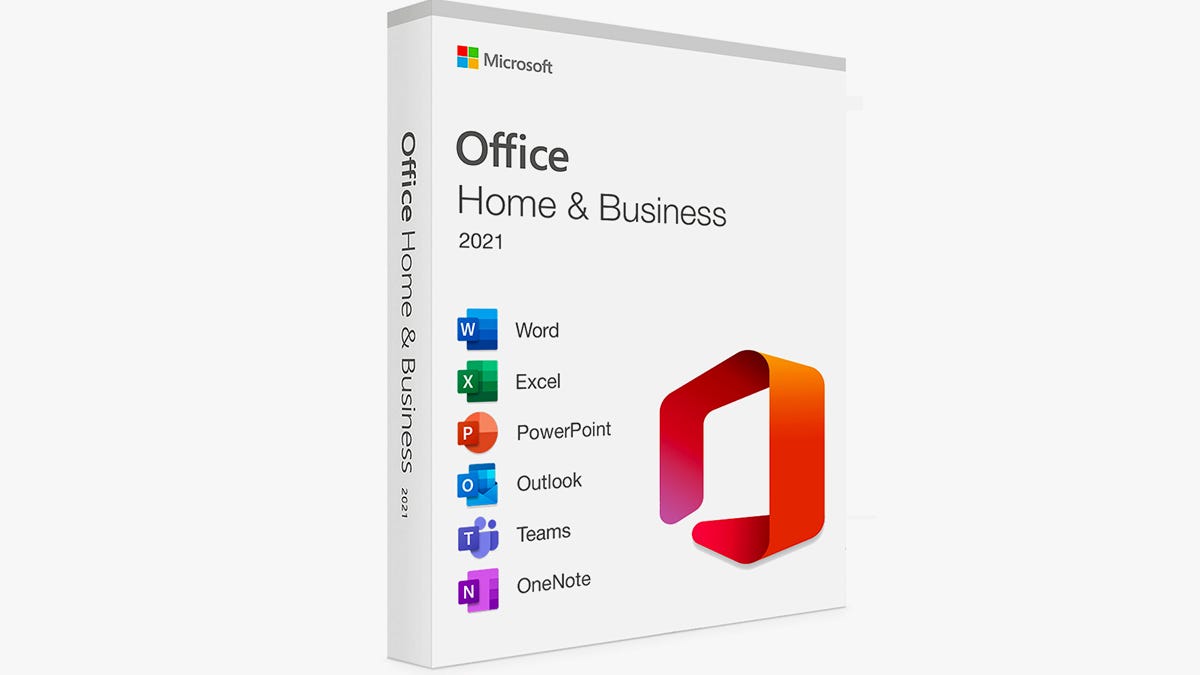Comparing Cloud File Systems AWS EFS vs. Azure File Storage
Comparing Cloud File Systems AWS EFS vs. Azure File Storage
The Future of Cloud-Based File Systems: A Look at AWS EFS and Azure File Storage
The advent of cloud computing has revolutionized the way we store, manage, and interact with our data. Cloud-based file systems, such as Amazon Web Services’ (AWS) Elastic File System (EFS) and Microsoft’s Azure File Storage, have emerged as leading services in this field. In this article, we will delve deep into these two systems, comparing their unique features, advantages, and disadvantages, ultimately helping you decide which one best suits your organization’s needs.
What Are File Systems in the Cloud?
File systems in the cloud are data management structures that allow users to store, organize, and retrieve data in a cloud-based environment. These systems play a vital role in ensuring seamless operation, from data security to scalability. With the rapid growth of cloud computing, cloud-based file systems have become increasingly popular due to their benefits, including high availability, scalability, and cost-effectiveness. They also enable users to access data anytime, anywhere, providing convenience in our highly mobile and interconnected world.
5 Reasons Cloud-Based File Systems Are Critical for Modern Organizations
Scalability
Cloud file systems provide scalability and flexibility, setting them apart from traditional on-premises systems. Unlike their counterparts, cloud file systems can be easily scaled up or down based on business needs. This is particularly advantageous for organizations experiencing fluctuating demand, as it allows them to optimize resource usage efficiently.
Accessibility and Collaboration
Cloud-based file systems facilitate accessibility and collaboration, empowering users to access their files from any device with an internet connection, at any time and from anywhere. This feature enhances convenience and productivity, enabling employees to work seamlessly regardless of their physical location.
Enhanced Data Security and Compliance
Data security is a top concern for businesses, and cloud file systems address this effectively. Cloud providers implement robust security measures, including encryption, firewalls, and intrusion detection systems, ensuring the highest level of data security. Additionally, major cloud providers comply with industry regulations like GDPR and HIPAA, saving businesses valuable time and effort spent on compliance.
Economic Efficiency
Traditional file systems require a significant upfront investment in hardware and software. On the other hand, cloud-based file systems operate on a pay-as-you-go model, allowing businesses to only pay for the resources they use. This pricing model reduces upfront costs, enables accurate cost predictions, and eliminates expenses associated with maintenance and updates, handled by the provider.
Environmentally Friendly
Cloud file systems have a smaller environmental footprint compared to traditional on-premises systems. By using virtual storage and energy-efficient technologies, cloud providers significantly reduce carbon emissions. Some providers even utilize renewable energy sources, further enhancing their environmental sustainability.
Understanding AWS EFS and its Features
AWS EFS is a highly scalable and elastic NFS file system designed for Linux-based workloads. It offers parallel shared access to thousands of Amazon EC2 instances, ensuring high aggregate throughput, low latencies, and superior redundancy. One of its key features is automatic scaling, enabling on-demand growth and shrinkage without advanced provisioning. In terms of security, AWS EFS incorporates multiple layers of protection, including encryption at rest and in transit, IAM roles, security groups, and the AWS Key Management Service.
Understanding Azure File Storage and its Features
Azure File Storage, a Microsoft cloud service, provides robust and secure file shares via the SMB protocol. It seamlessly integrates with on-premises deployments, making it ideal for hybrid cloud environments. Like AWS EFS, Azure File Storage ensures data protection with encryption at rest and in transit. It also offers point-in-time restore capability, simplifying file recovery.
AWS EFS vs. Azure File Storage: Head to Head
Performance
AWS EFS leverages high I/O performance SSDs, delivering fast and consistent file operations. It also benefits from automatic bursting capabilities, ensuring efficient handling of sudden traffic surges. Azure File Storage shines with its robust caching system, accelerating file access. Additionally, it offers a premium tier utilizing SSDs for peak performance. However, unlike AWS EFS, Azure File Storage lacks automatic bursting capabilities.
Scalability
Both AWS EFS and Azure File Storage excel in scalability. AWS EFS automatically adapts to growing or shrinking workloads, eliminating manual intervention. It effortlessly handles large data volumes without storage capacity concerns. Azure File Storage also offers excellent scalability, capable of scaling up to 100 TB per share. However, manual scaling may require additional complexity and time.
Security
Both services prioritize data security. AWS EFS provides automatic encryption at rest and in transit, supporting IAM roles and security groups for granular access control. Azure File Storage ensures encryption at rest and in transit, integrates with Azure Active Directory, and offers advanced threat protection.
Pricing
AWS EFS charges based solely on the amount of data stored, without additional data transfer or request costs. Additionally, it includes lifecycle management that automatically optimizes costs by moving infrequently accessed files to a lower-cost storage class. Azure File Storage charges depend on the total stored data and operations performed. It also offers a cost-effective cool storage tier for infrequently accessed files, with additional charges for data retrieval.
How to Choose Between AWS EFS and Azure File Storage
Choosing between AWS EFS and Azure File Storage depends on specific needs and the environment. For Linux-based workloads with high aggregate throughput requirements, AWS EFS is an excellent choice. On the other hand, if seamless integration with Windows Server and on-premises deployments is a priority, Azure File Storage is a better fit. Evaluate factors like security requirements, scalability needs, and budget constraints, ensuring a thorough understanding of each service’s features and pricing before making an informed decision.
The Future of Cloud-Based File Systems
The demand for cloud-based file systems is expected to grow exponentially as we continue towards a more digitized world. This increasing demand stems from the need for reliable, scalable, and cost-effective data management solutions capable of handling massive data volumes. Artificial intelligence (AI) and machine learning (ML) integration into cloud-based file systems will automate data management tasks, improve analytics, and provide predictive insights. Enhanced security measures, including encryption techniques and access control, will combat growing cyber threats. Furthermore, with the evolution of hybrid and multi-cloud strategies, file systems seamlessly integrating with multiple cloud environments will become crucial. Lastly, specialized file systems tailored to specific applications or industries are likely to emerge, catering to unique needs.
The future of cloud-based file systems holds exciting possibilities. As technology advances, services like AWS EFS and Azure File Storage will continue to provide powerful and flexible solutions for cloud data management.





